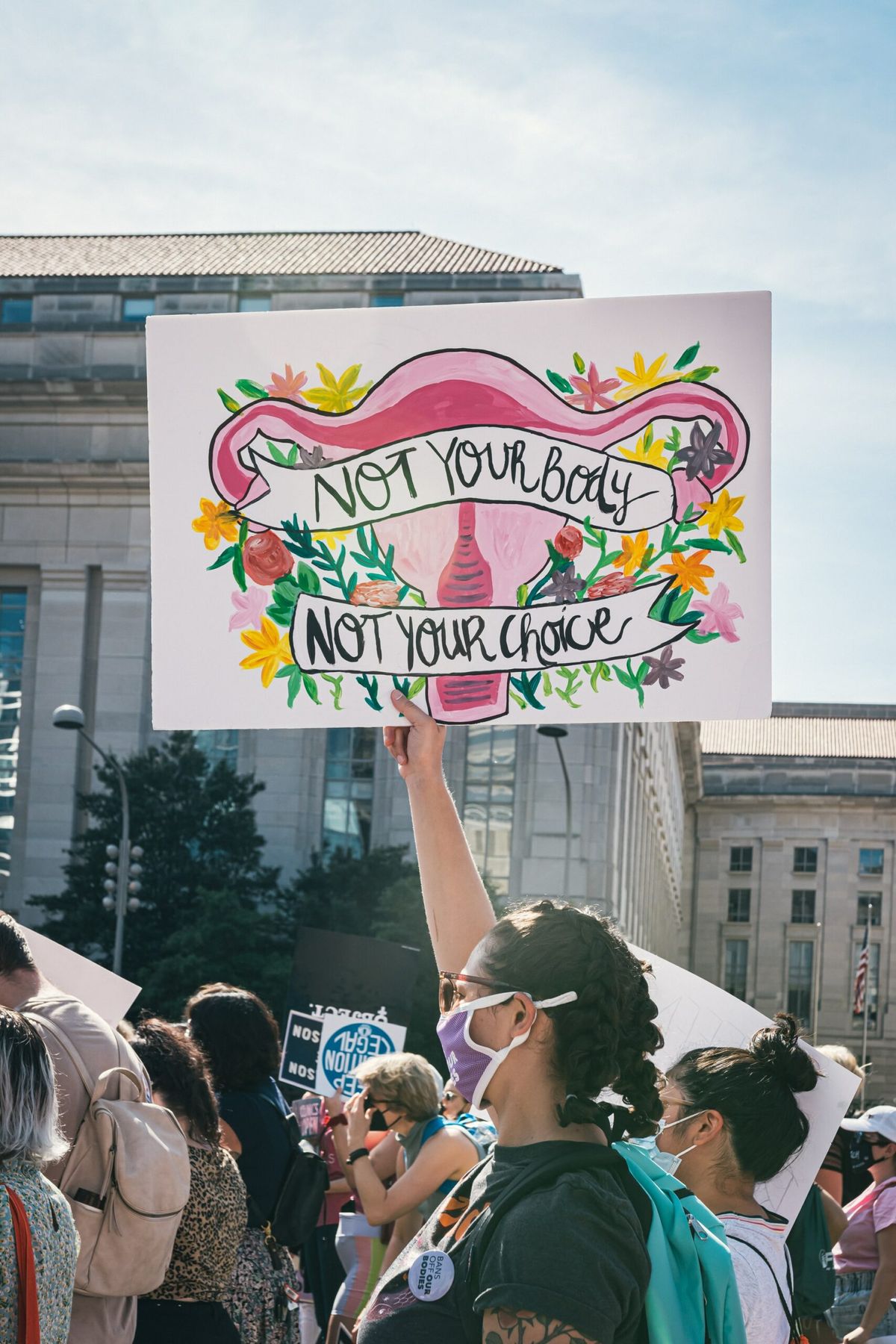Abortions Not Likely to be Stopped No Matter What SCOTUS Decides

Reaction to the leaked Supreme Court abortion decision draft has been predictably apocalyptic despite technology advances that may effectively render state laws ineffective.
If the court does indeed scrap Roe v. Wade, states will be able to declare abortion illegal and take measures to stop it within their boundaries. But as a practical matter, will this really have much effect?
After all, short of shutting down the Internet, there is little states can do to stop medication abortions – those carried out exclusively with drugs that can be prescribed online and then mailed or couriered to waiting recipients. Medication abortions already account for more than half of all abortions, using drugs approved by the FDA.
“At the moment the anti-abortion movement is realizing its decades-long goal of overturning Roe, it’s totally lost control of how abortion is accessed,” said Greer Donley, an assistant law professor at the University of Pittsburgh School of Law. “Abortion pills are a huge threat to the anti-abortion movement” in a recent Bloomberg report.
Overnight shipment of abortion pills
Several organizations already provide overnight shipment of medications that accomplish the task for early pregnancies.
Abortionondemand.org serves pregnant consumers in 21 states. A physician reviews applications and provides counseling. Applicants must be 18, live in an eligible state, have a positive pregnancy test and it must be less than eight weeks since their last period. The organization charges from $239 to $289.
Aid Access ships to 20 states for $150 and can provide for European pharmacies to ship to states that prohibit medication abortions.
Hey, Jane uses a similar procedure and currently operates in six states. It charges $249. It ships to residential addresses and post office boxes.
Is it really legal?
Yes, medication abortion is legal and has been since 2000, when the U.S. Food and Drug Administration (FDA) approved mifepristone. It is used together with another medication called misoprostol and can be taken up to 10 weeks in pregnancy. It works by blocking progesterone, a natural substance that is needed for a pregnancy to continue to term.
The drug is regulated by the FDA and must be administered by a qualified physician or other health professional. The FDA cautions against buying the drug on the Internet, just as it does for all prescription medications.
The situation is murkier for pregnancies that are farther along. However, traditional abortions continue to be performed in the U.S., according to AbortionFinder.org, which has a directory of 750 health centers on its site.
Some women may be driven to seek help in nearby countries.
Abortion in Mexico
Abortion became legal in Mexico in 2021, when the Mexican Supreme Court unanimously ruled that prohibiting it was unconstitutional. Many of Mexico’s 31 states have been slow to follow the ruling but Mexico City – the largest city in North America. Mexico City legalized abortion in 2007 and it is legal through the 12th week there.
The site Clinicas de Aborto has a directory of abortion clinics in Mexico City.
Some clinic networks are beginning to encourage U.S. citizens to travel to Mexico for abortions. One is Whole Women’s Health, which operates clinics in Monterrey and offers online appointments.
“It’s easier to access abortions here,” said Isabel Fulda, deputy director of GIRE, a Mexican nonprofit that advocates for reproductive rights, in a Vice article. “You can buy pills over the counter. It’s possible that people could cross the border to access abortion medication.”
Check here for information on visas to visit Mexico.
Abortions in Canada
Abortion is legal in Canada at all stages of pregnancy. Most physicians, however, restrict the procedure to the first 23 weeks without a compelling medical reason.
Can Americans get abortions in Canada?
“If they, people, come here and need access, certainly, you know, that’s a service that would be provided,” said Karina Gould, the country’s minister of families, children and social development, in an Axios report.
While medical care is free to Canadian citizens, Americans need to pay out of pocket or use their own insurance. It’s wise to check with your insurance provider beforehand.
To find an abortion provider in Canada, check Planned Parenthood, Toronto.
Interestingly, many Canadian women currently seek abortions in the U.S., simply because Canada is sparsely populated outside major cities and health providers in the U.S. are often closer. If Roe v. Wade is trashed, that may encourage more providers in Canada.
Do you need a visa to visit Canada? Probably not, but check this site to be sure.
